In today's world, where environmental consciousness is on the rise, finding sustainable solutions for everyday needs is crucial. One area where we can make a significant impact is in our choice of food storage options.
Plastic, once hailed as a modern marvel, has now become an environmental nightmare due to its harmful effects on our planet. In this article, we will delve into the environmental issues associated with plastic usage in food storage and explore the benefits of plastic-free alternatives.
Highlighting Environmental Issues
Plastic pollution is one of the most pressing environmental issues of our time. Statistics demonstrate the magnitude of this problem: over 8 million tons of plastic waste enter our oceans each year, endangering marine life and ecosystems.
The detrimental effects of plastic are not limited to the oceans alone; they extend to landfills, where plastic waste takes hundreds of years to decompose, if it ever does.
Furthermore, the production and disposal of plastic contribute to greenhouse gas emissions and fossil fuel consumption, exacerbating climate change. By understanding the environmental consequences of plastic usage, we can make informed decisions about our food storage choices.
Benefits of Eco-friendly Food Storage
Opting for plastic-free food storage solutions offers several benefits for both individuals and the planet.
- Firstly, plastic-free containers are non-toxic and do not leach harmful chemicals into our food, ensuring the safety of what we consume.
- Unlike their plastic counterparts, these alternatives are also durable and long-lasting, resulting in less waste over time.
- Additionally, plastic-free food storage options tend to be more aesthetically pleasing, elevating the overall visual appeal of your pantry and kitchen.
Sustainable Materials for Food Storage
A. Glass Containers:
- Glass is a versatile and environmentally friendly material for food storage. It is non-reactive and does not absorb odors or flavors, ensuring the integrity of your food.
- Glass containers are an excellent choice for both refrigerated and pantry storage, as they are microwave-safe, oven-safe, and easily stackable.
B. Stainless Steel Containers:
- Stainless steel containers are durable, lightweight, and resistant to corrosion, making them ideal for outdoor activities and on-the-go meals.
- These containers are a fantastic option for keeping your food fresh, as they provide an airtight seal and retain temperature for an extended period.
C. Reusable Silicone Bags:
- Silicone bags are a fantastic alternative to single-use plastic bags. They are heat-resistant, freezer-safe, and dishwasher-safe, ensuring ease of use and convenience.
- These bags are not only reusable but also come in various sizes, making them adaptable to different storage needs.
Proper Care Routines for Eco-Friendly Storage Options
To ensure the longevity of your sustainable food storage options, it's crucial to follow proper care routines. Here are some guidelines for maintaining these eco-friendly alternatives:
A. Glass Containers:
- Hand-wash glass containers with mild detergent to prevent scratching.
- Avoid sudden temperature changes to prevent breakage.
B. Stainless Steel Containers:
- Wash stainless steel containers with warm water and mild soap.
- Dry thoroughly to prevent corrosion.
C. Reusable Silicone Bags:
- Clean silicone bags with warm soapy water or place them in the dishwasher.
- Allow them to air dry or pat them dry with a cloth.



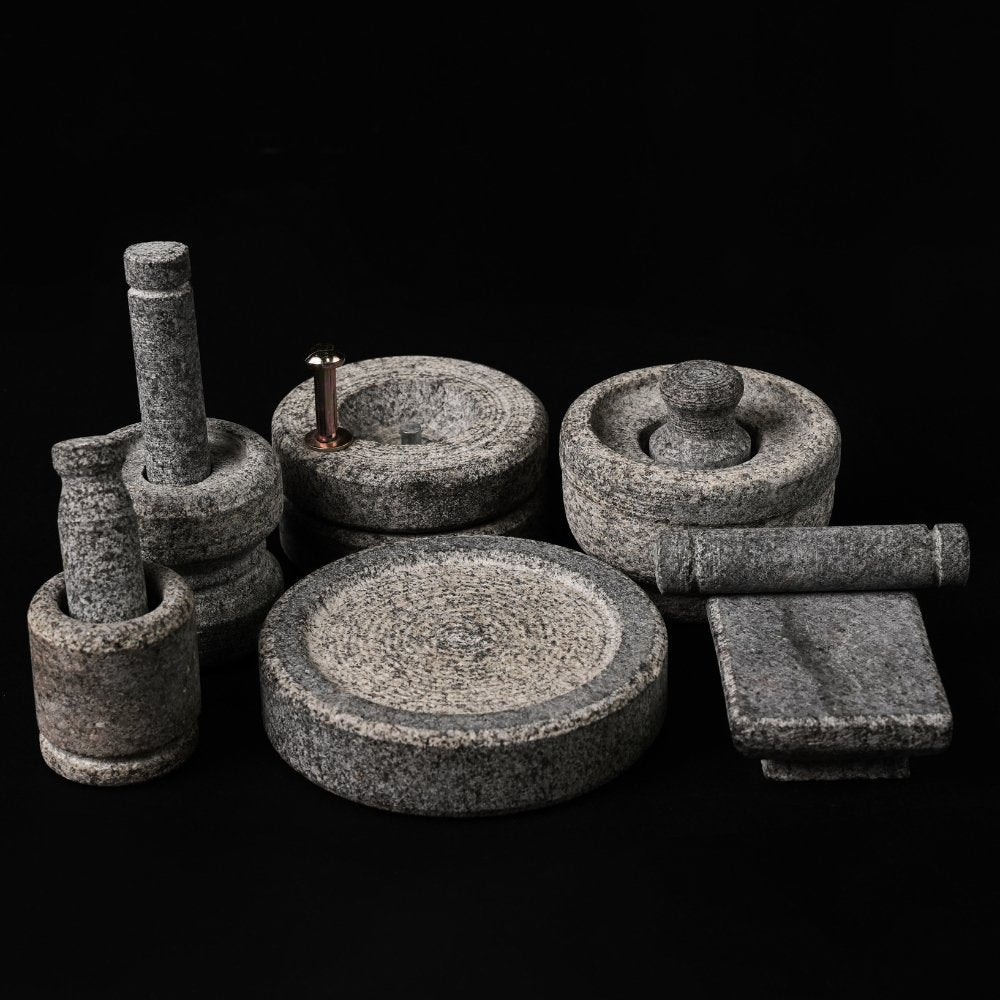

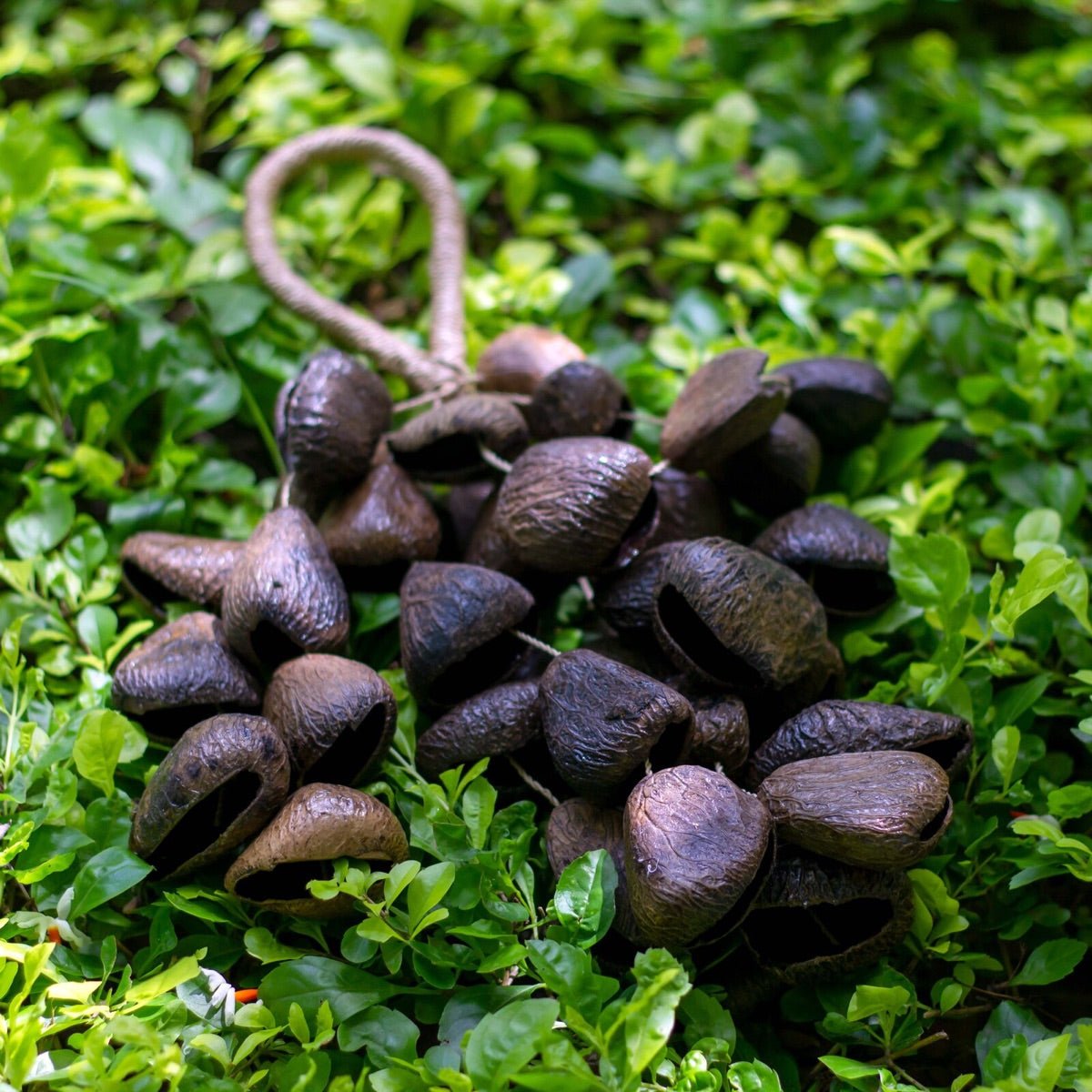
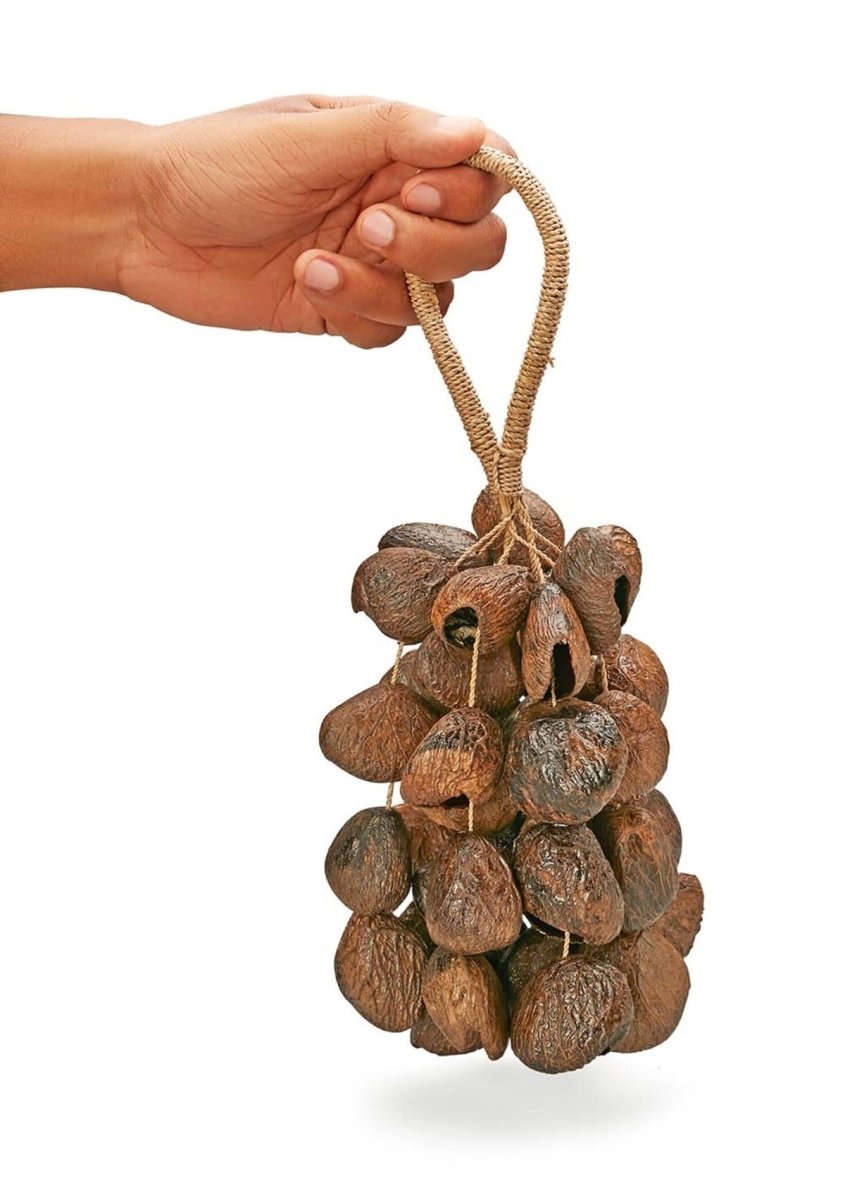
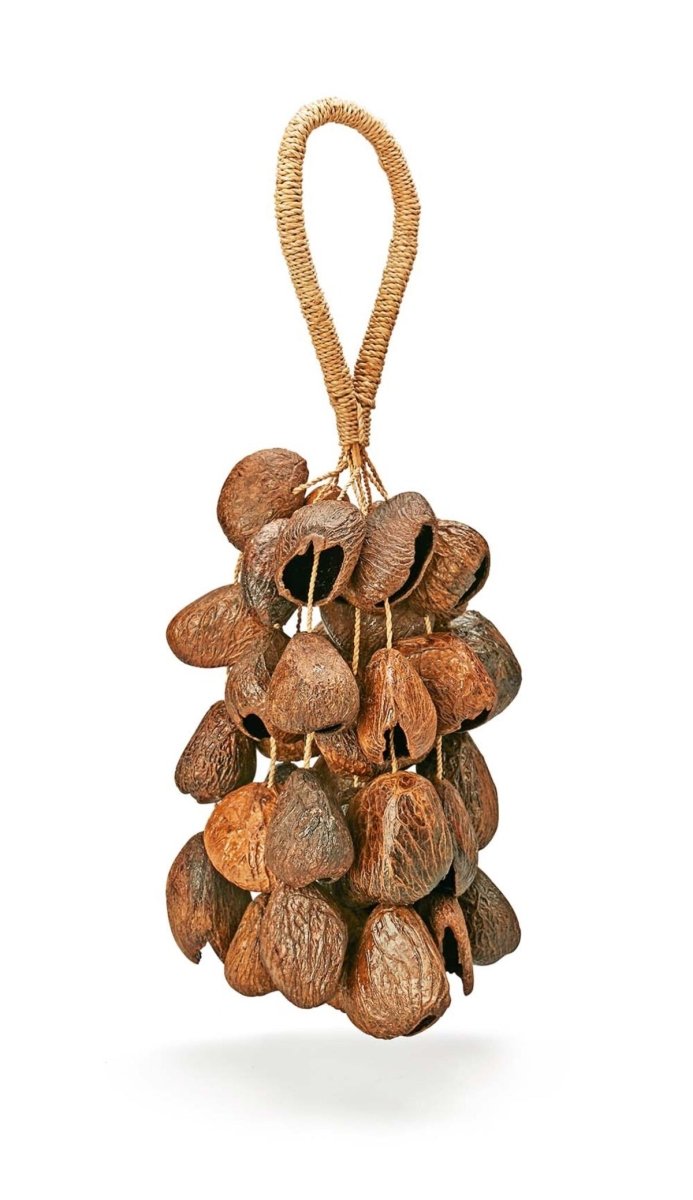





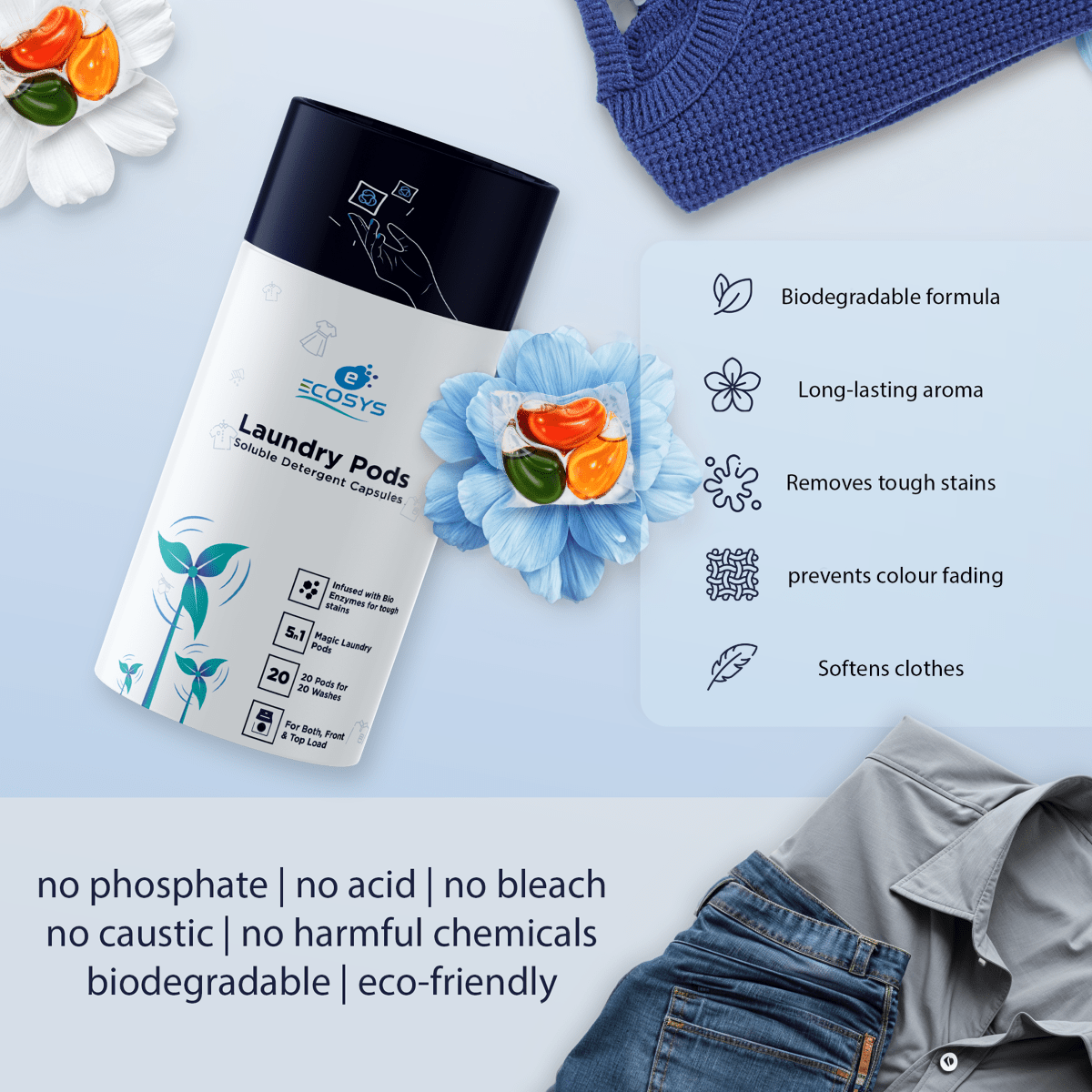

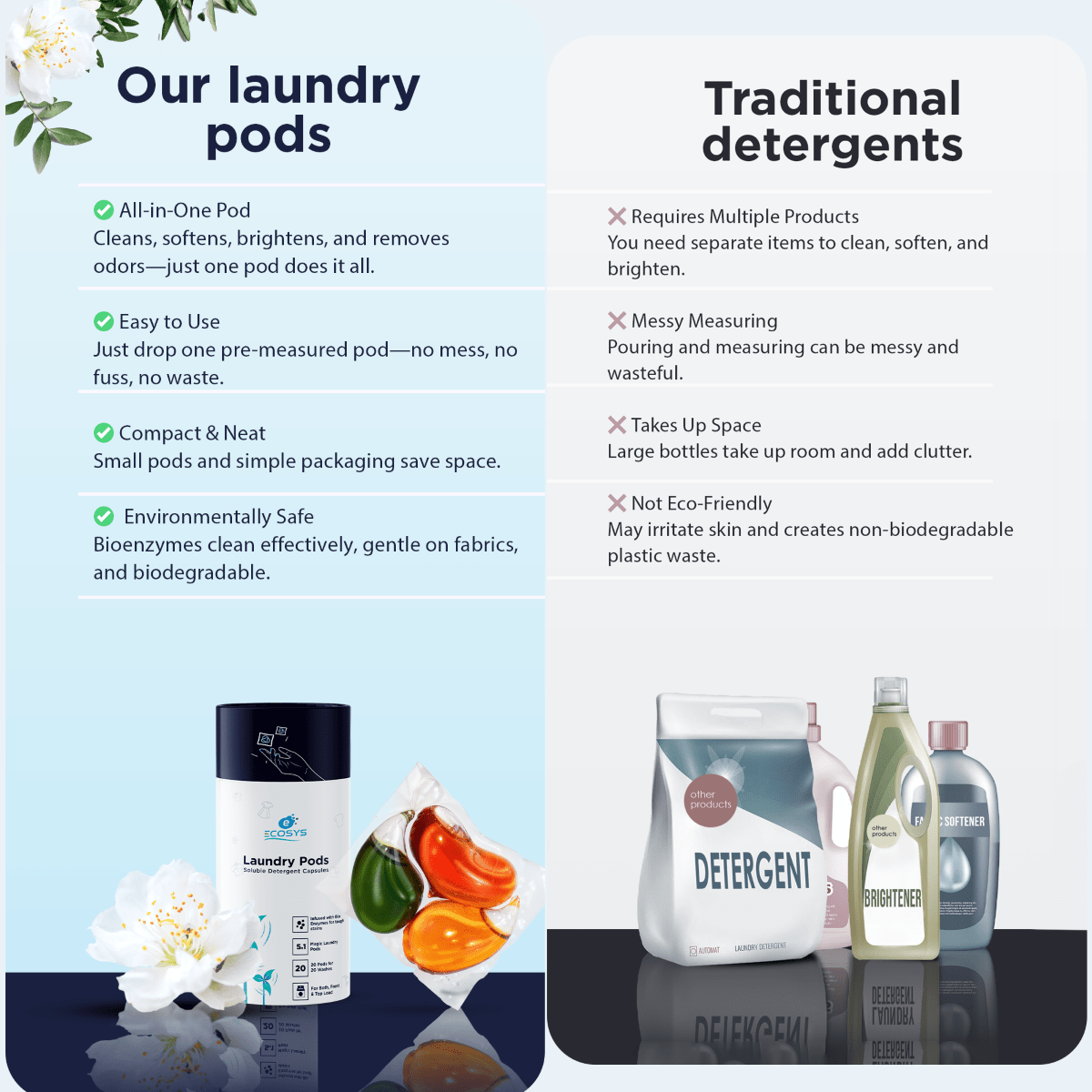
Share:
Why Sustainable Toys Make Great Christmas Gifts for Kids
How to Create a Natural Skin Care Routine